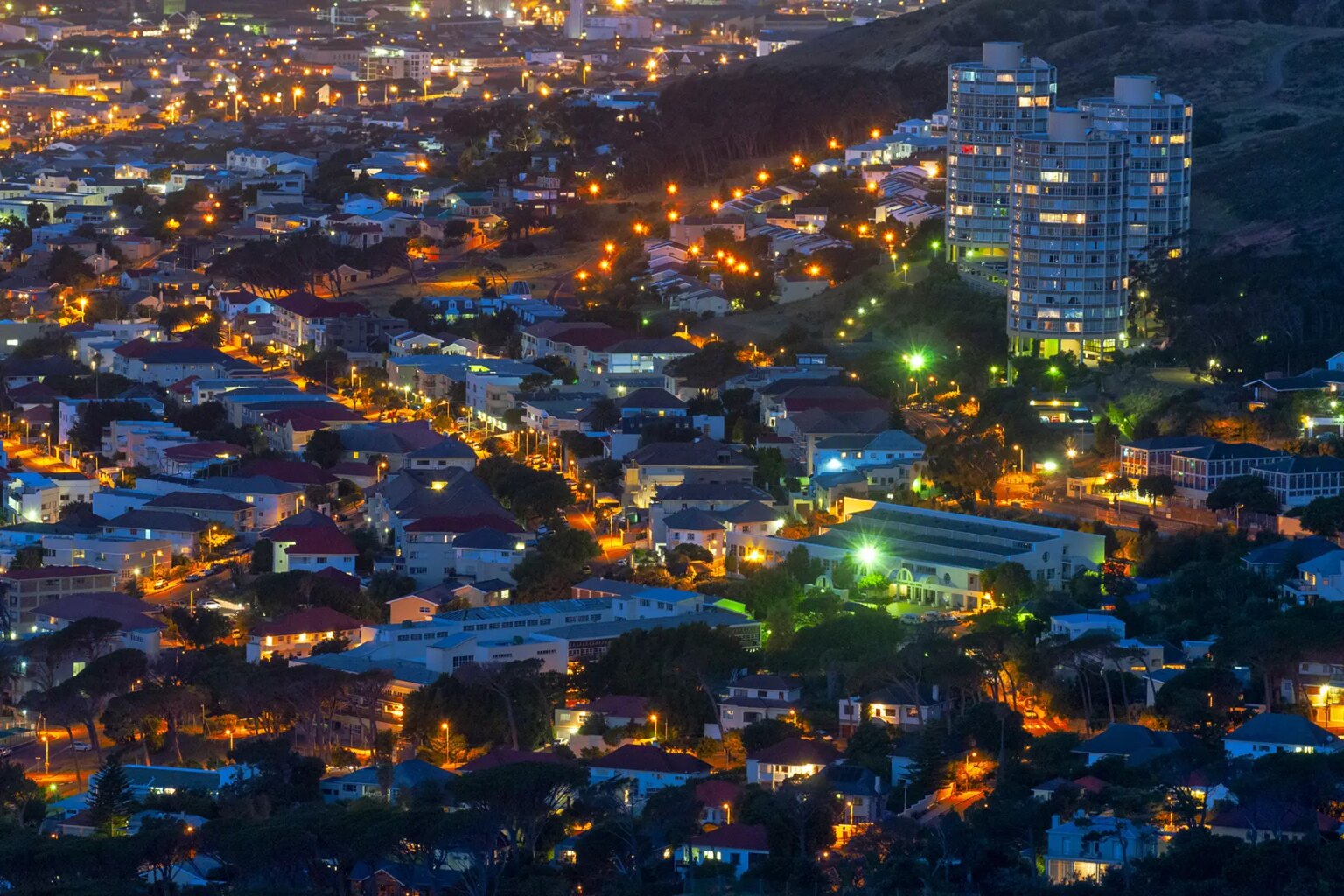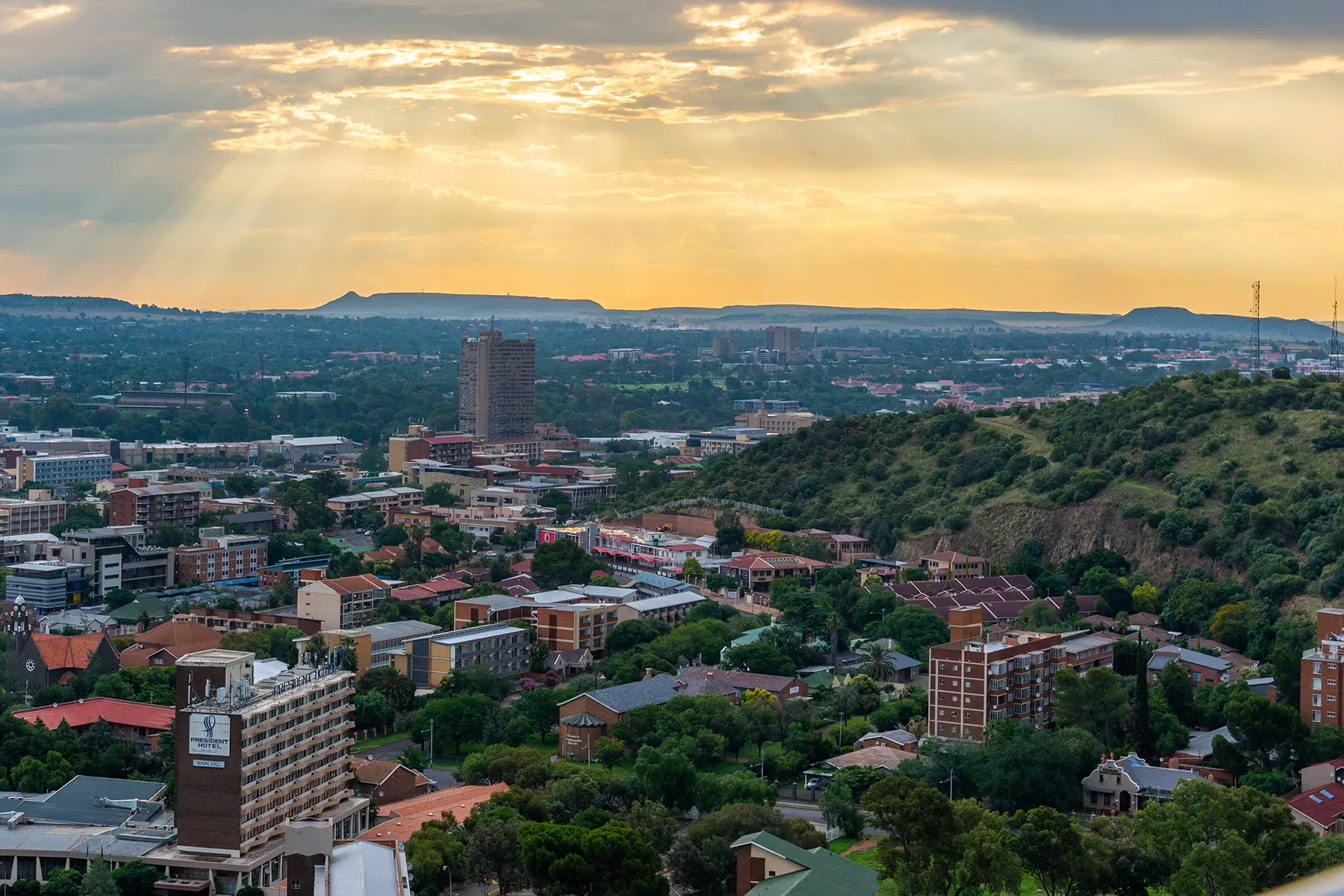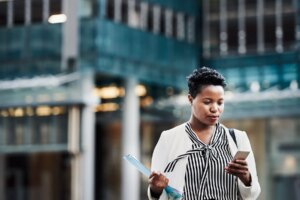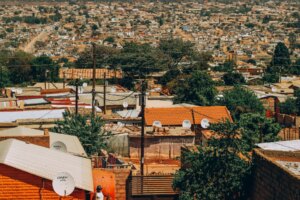You will need to do many things during your first week in South Africa. You might need to organize health insurance, find a school for your children, and figure out how to drive in the country. Picking somewhere to live and finding a comfortable home will also be a big part of your move. Of course, once you have found a place, you will need to connect it to the utilities.
This article will help you figure out how to set up electricity, water, and gas in your new home by looking at the following topics:
Utilities in South Africa
The Department of Mineral Resources and Energy (DMRE) regulates the electricity and gas industries, while the Department of Water Affairs (DWS) governs water and sanitation provisions.
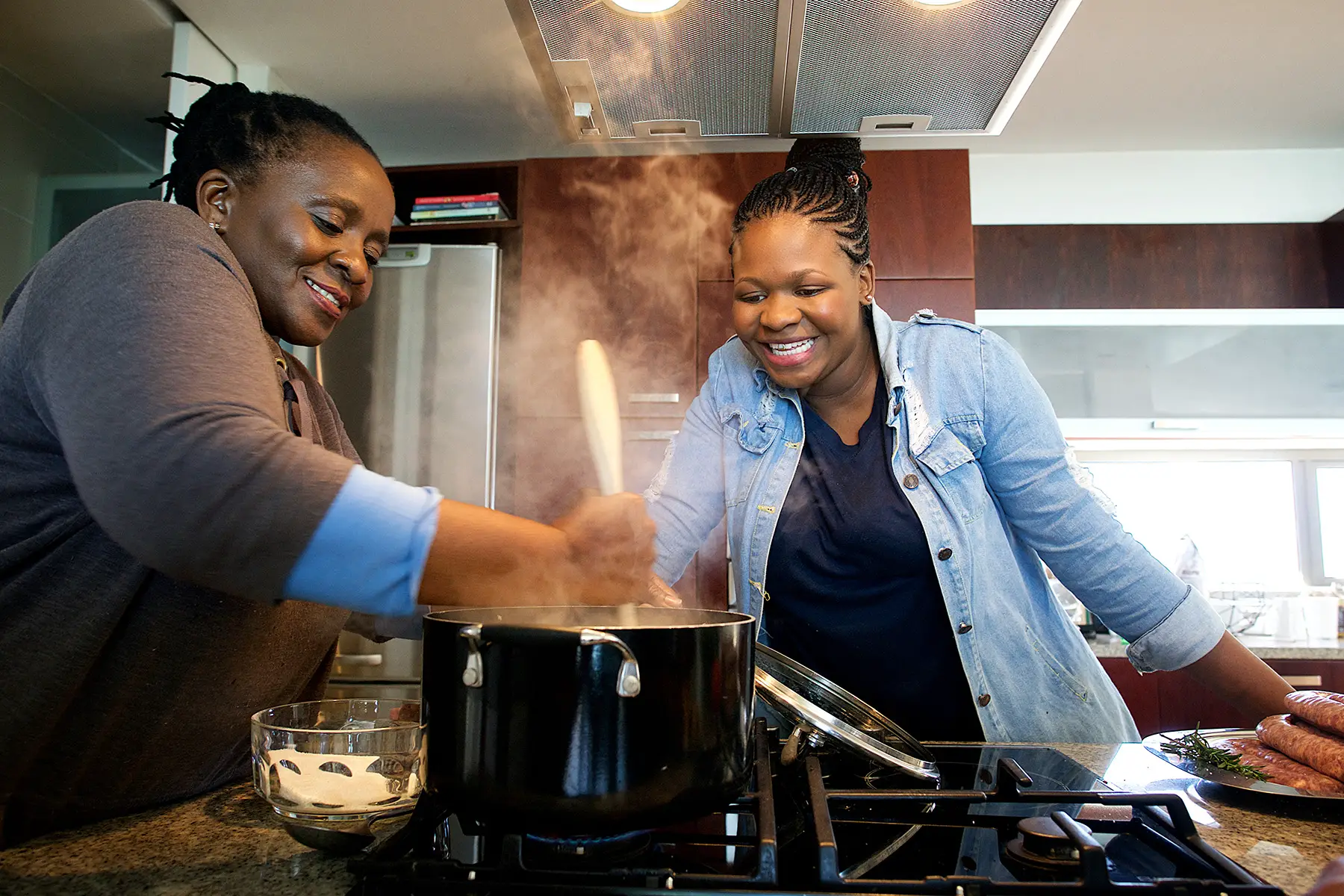
Organizing utilities in South Africa is essential in setting up your new home. Most houses in the country use domestic electricity and water connections. However, unlike in other countries, residential gas supplies come from Liquid Petroleum Gas (LPG), which is available in reusable canisters.
In 2021, South Africa’s total energy consumption per capita was almost four times that of the Sub-Saharan Africa average, with 2.3 toe, decreasing from 2.8 toe per capita in 2009. The unit ton of oil equivalent (toe) shows the quantity of energy released when burning a ton of crude oil (i.e., 42 gigajoules. It is used to compare and describe different energy sources. In addition, South Africa’s primary energy consumption in 2021 was 1383 terawatt-hour (TWh), which was lower than the United Kingdom (UK) and several European countries.
Primary energy supply
According to the South African Energy Sector Report (2021), the primary energy supply in the country can be broken down as follows:
- Coal: 65%
- Crude oil: 18%
- Renewables: 11%
- Natural gas: 2%
- Nuclear: 2%
In comparison, even though crude oil is still Europe’s most significant energy source, its use is steadily decreasing. Natural gas is the second largest energy source, followed by renewables, which surpassed the use of solid fossil fuels (2018/2019). However, due to the European energy crisis exacerbated by Russia’s invasion of Ukraine, the use of coal as an energy source is again increasing.
There is only a single, state-controlled electricity provider in the country, Eskom. Each municipality provides residential and business water supply to domestic users in their service areas, which they receive from one of the nine regional water boards. However, this is mostly for urban and semi-urban areas. In many rural areas, including farms, people drill boreholes to use groundwater. For gas supply, customers can choose between a few different private providers.
Although the government is committed to delivering electricity and clean water to all South Africans, the system faces many challenges, such as increased demand (especially in urban areas), water scarcity, and a lack of infrastructure.
Electricity in South Africa
Historically, 95% of South Africa’s electricity came from coal. However, the government is working towards reducing this reliance on fossil fuels by boosting its use of renewable energy. Still, meeting its energy goals by 2030 will require an investment of R1 trillion.
When setting up utilities in South Africa, one aspect will be connecting your home to electricity. The supply voltage in the country is 230 volts (V), and appliances use C, D, M, or N plug types:
- Type C – two round pins
- Type D – three round pins in a triangular formation
- Type M/N – also three round pins but larger
Be aware, though, that South Africa regularly does municipal load shedding. The local power grids sometimes cannot keep up with demand, forcing the public electricity company, Eskom, to ration supplies. However, load shedding happens in a planned and controlled manner. Eskom shares a schedule online, so you will know when you will be without power.
Electricity suppliers in South Africa
Unlike some other utilities in South Africa, Eskom is the only electricity provider. It is a state-owned company and produces and supplies 95% of the electricity in the country.
Connecting and disconnecting electricity
You can set up your Eskom account – online, telephonically, or at an Eskom service center – soon as you have signed the tenancy agreement or bought your house and have an address. It will require the following documentation:
- Photo identification (passport or South African ID)
- Proof of address (e.g., rental contract or title deed)
- Deposit fee
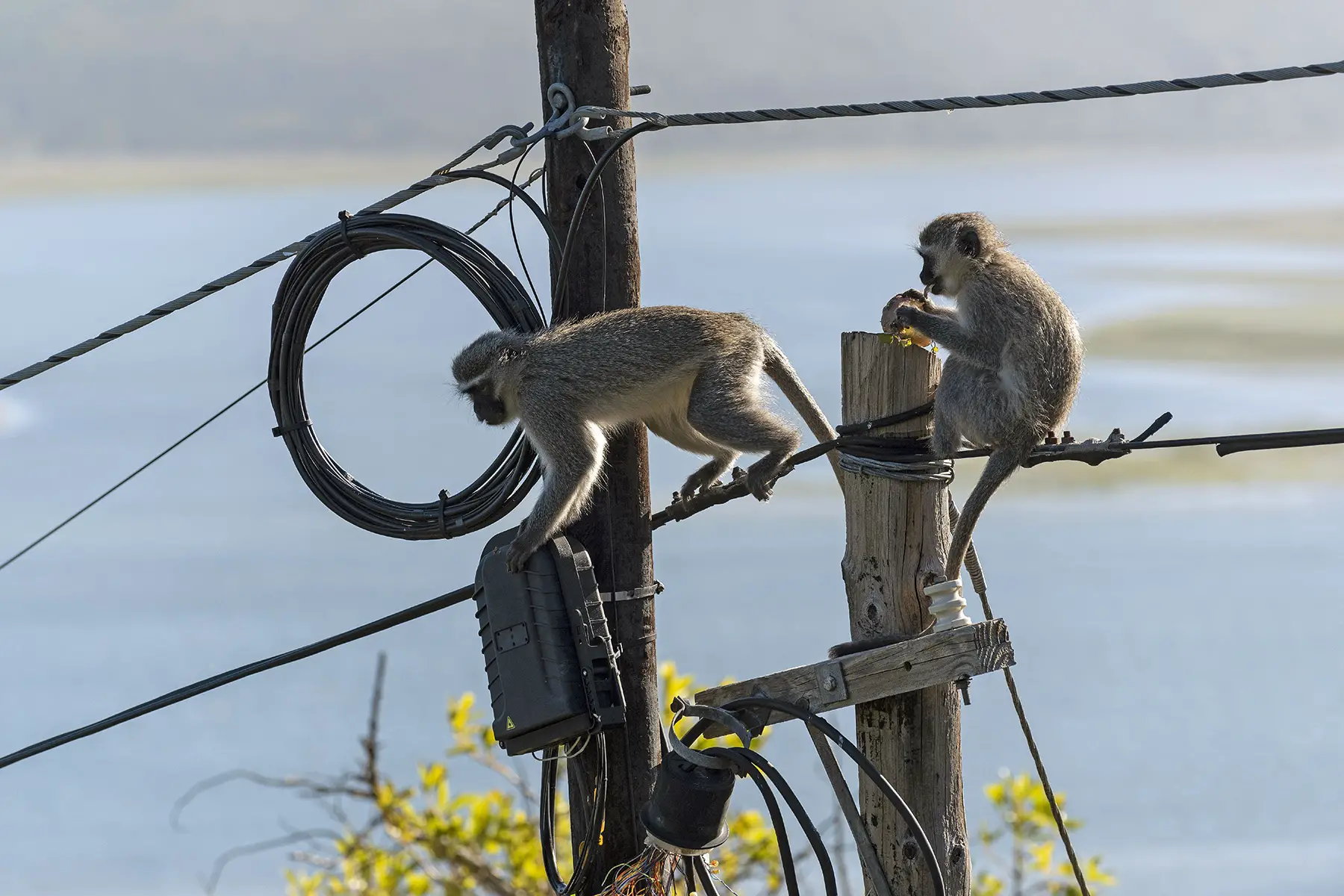
When disconnecting your electricity supply, It is a similar process. You will need to submit a move-out request and show the final meter reading. You will receive a reference number, which you must email to Eskom, along with a copy of your ID and the property description. They will deduct the final invoice from your deposit and refund any balance within eight weeks.
Switching electricity suppliers
Since Eskom is the sole supplier of electricity in South Africa, you do not have the option to change providers. You will only need to inform Eskom of your address change so that you are no longer liable for charges at your old home and can connect to your new home.
Electricity costs and tariffs in South Africa
Eskom has a complex tariff system, dependent on consumption habits and location. For example, costs can differ depending on whether the property is urban, rural, or residential and how much supply it needs.
According to the Global Petrol Prices Index (2021), the standard electricity price in South Africa is R2,558 per kilowatt-hour (kWh), which is 45c higher than the global average. If your new property does not already have an Eskom connection, you will need to pay an R800 connection fee.
Eskom also offers night saver tariffs, which means consumption costs less during nights and weekends. You can also buy pre-paid electricity vouchers, which makes it easier to budget for these costs.
Reporting electrical faults and carrying out electrical repairs
To report an electrical fault, you can reach Eskom directly on the emergency number, 08600 37566. Of course, you can also contact the company through its app, website, or chatbot called Alfred. However, if you need electrical repairs in your home, it is best to find a local electrician.
Making a complaint about an electricity company
If you need to file a complaint against Eskom, you can approach the National Energy Regulator of South Africa (NERSA).
Gas in South Africa
Unlike many other countries, domestic utilities in South Africa do not usually include a gas supply. Instead, homes will use LPG – in portable cylinders – for cooking and heating. This is often a cheaper and more reliable option where the electricity infrastructure is lacking.
Gas suppliers in South Africa
There are many different private companies that produce LPG cylinders for the South African market. These include Total, Afrox, and Reatile. There are different sizes of cylinders available, depending on the customers’ needs.
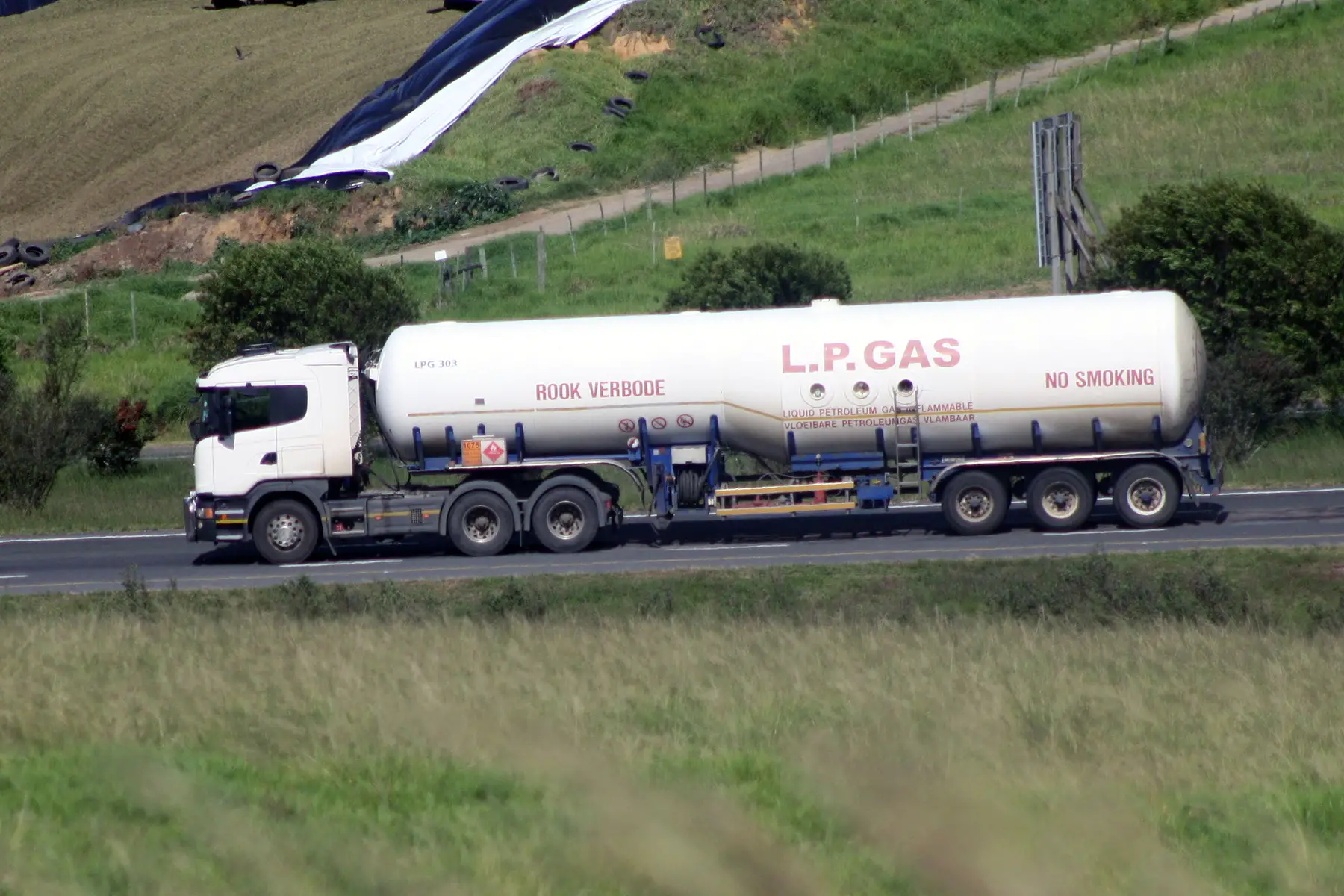
Most companies will also offer installation and maintenance services. Gas cylinders are available directly through these companies or third-party suppliers like hardware or convenience stores.
Gas costs and tariffs in South Africa
The cost of an LPG cylinder will differ by company and size; for example, a 9kg cylinder from Afrox is about R665.
Reporting gas faults and carrying out gas repairs
In the event of an emergency, you can contact your gas supplier or the national emergency response line 10111. If you live in Johannesburg, there is also a gas leaks and faults hotline, 011 726 3138.
Making a complaint about a gas company
The Liquid Petroleum Gas Safety Association (LPGSA) oversees LPG providers in South Africa. This non-profit organization works with the government and other public services to ensure gas safety and offer training for members. If you need to make a complaint about your gas company, you can reach out to LPGSA directly.
Water supply in South Africa
South Africa’s drinking water comes from two sources: surface and groundwater. Surface water refers to the rainfall runoff into rivers and dams, while groundwater comes from underground stores and aquifers. Generally, domestic water supplies in urban areas are safe to drink. However, this may not always be true in rural areas or informal settlements.
The Department of Water Affairs (DWA) oversees the water supply and sanitation infrastructure in South Africa. Under the DWA, the nine regional water boards are responsible for wastewater treatment, flood protection, groundwater management, irrigation, and drainage. These water boards service the following provinces and areas:
- Amatola Water (Eastern Cape)
- Bloem Water (Freestate)
- Lepelle Northern Water (Limpopo)
- Magalies Water (North West, Limpopo, Gauteng)
- Mhlathuze Water (Zululand, uMkhanyakude, King Cetshwayo)
- Overberg Water (Cape Augulhas, Theewaterskloof, Swellendam)
- Rand Water (Gauteng)
- Sedibeng Water (Freestate, North West, Northern Cape)
- Umgeni Water (KwaZulu Natal)
One of the water boards’ primary responsibilities is to provide bulk water supplies to municipalities, which, in turn, supply domestic users (e.g., homes and businesses).
Water suppliers in South Africa
In South Africa, the 278 municipalities provide domestic water to homes in their district. This is mainly for urban and semi-urban areas. In rural areas and on farms, consumers often use groundwater accessed via boreholes.
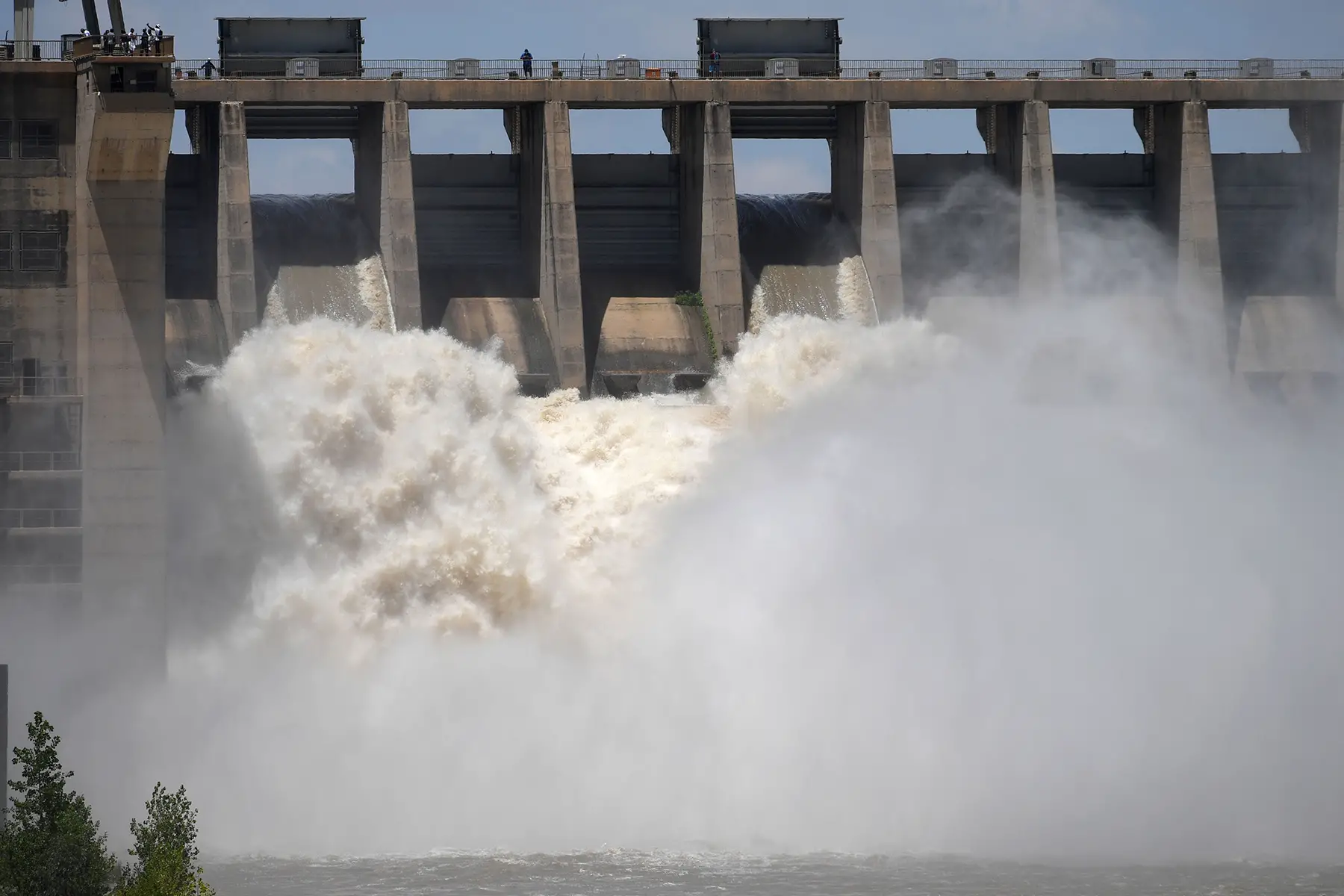
If you live in a town or city, the municipality will calculate your monthly bill based on your water meter reading (situated on your property). It could be an actual or estimated reading. You can submit the accurate reading online or a city official will physically record it. Of course, the municipality will amend the amount due according to the true reading.
Alternatively, if you use a borehole, the municipality will not charge for water usage. Typically, you would not need a Water Use Licence (WULA) if it is only for household use and gardening. However, it is a technical and involved process drilling for groundwater on your property. So, it is recommended to consult an expert. The Borehole Water Association of Southern Africa (BWA) has a handy guide with everything you need to know before drilling on your property.
Connecting and disconnecting water
You must contact your local municipality to connect or disconnect your home’s water supply. For example, in Cape Town, it will be the City of Cape Town, while in Johannesburg, you would go to Johannesburg Water. The municipality must transfer the account into your name if the property has an existing connection. If a new building needs a new water meter, it can take up to 15 days for the municipality to install it.
When connecting your home to the municipal water supply, you will need to pay a deposit and present the following documentation:
- Photo identification
- Proof of address (e.g., title deed or tenancy agreement)
Changing water suppliers
You do not have the option to switch suppliers, as the local municipality is the only provider of residential water. If you move homes, you need to let the city council know so that your name can be removed from your old property account and transferred to the new property.
Water costs and tariffs in South Africa
In 2001, the South African government created a free basic water policy, arguing that access to clean drinking water is a universal right. Each home gets its first six cubic meters of water per month for free. After that, tariffs differ by water boards but are usually R2–4 per cubic meter.
Reporting water leaks or faults and carrying out water repairs
Each water board maintains its infrastructure and manages supply issues within its region. Usually, you can contact your local municipality or regional water board by phone, email, or online to report a leak. Below is a handy contact list per province.
Gauteng
- Johannesburg: 0860 JOBURG or 011 688 1500, 082 653 2143 (SMS), [email protected]
- Tshwane: 012 358 2111 or 012 358 9999, [email protected]
- Ekurhuleni: 0860 543 0000, [email protected]
Western Cape
- Cape Town: 0860 103 089, 31373 (SMS), 063407 3699 (Whatsapp), [email protected]
Eastern Cape
- Buffalo City: 043 705 9234/5 or 086 111 3017, [email protected]
- Nelson Mandela Bay: 041 506 1911, [email protected]
Northern Cape
- Sol Plaatje: 053 8306111, [email protected]
Kwazulu Natal
- Ethekwini: 080 131 3013 or 031 311 1111, 083 707 3013 (SMS), eservices@durban.gov.za
Freestate
- Mangaung: 051 405 8911 or 051 412 4000, enquiry@mangaung.gov.za
Limpopo
- Polokwane: 015 290 2376 or 015 290 2000/1/2
Mpumalangu
- Mbombela: 086 162 6623 or 013 759 9111, 32552 (SMS), [email protected]
North West
- Mahikeng: 018 388 9000 or 018 389 0111
Making a complaint about a water company in South Africa
You can contact your local municipality or regional water board with complaints about your water supply. You can also call the toll-free number 0800 200 20 for the Department of Water Affairs (DWA) or the Presidential Hotline on 17737.
Energy efficiency and green energy alternatives in South Africa
Since releasing its White Paper on Renewable Energy (2003), the South African government has focused on finding alternative energy sources for the country. As such, there has been some development in solar, hydro, biomass, and wind technologies.
In addition, the government launched its Renewable Energy Independent Power Producer Procurement Programme (REI4P) as part of its Integrated Resource Plan (IRP2010). It set a target to add 17,800 megawatt (MW) of renewable energy to local production by 2030. Unfortunately, the country is lagging behind its targets, and currently, only 11% of locally-generated electricity comes from renewable resources.
Useful resources
- Eskom – The only state-owned electricity provider in South Africa
- Total, Afrox, and Reatile – The three gas providers in South Africa
- Department of Water Affairs (DWA) – The state regulating body for water and sanitation in the country
- South African Government – List of municipalities
